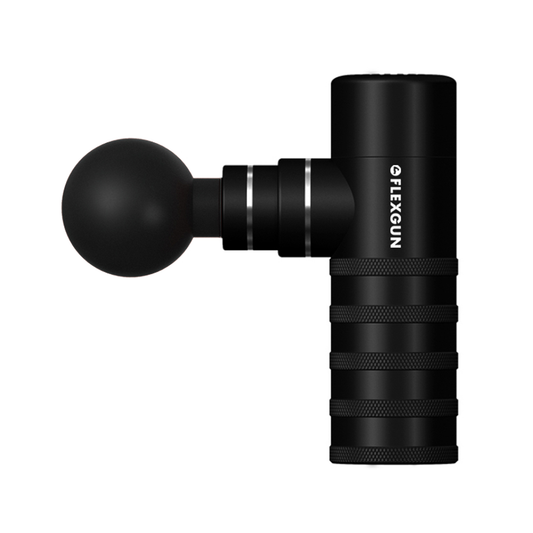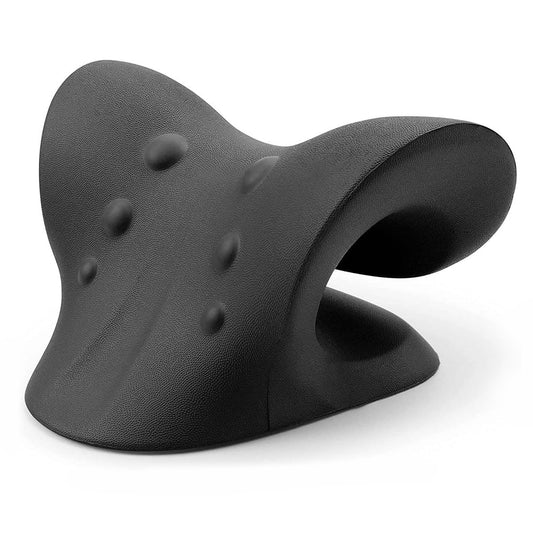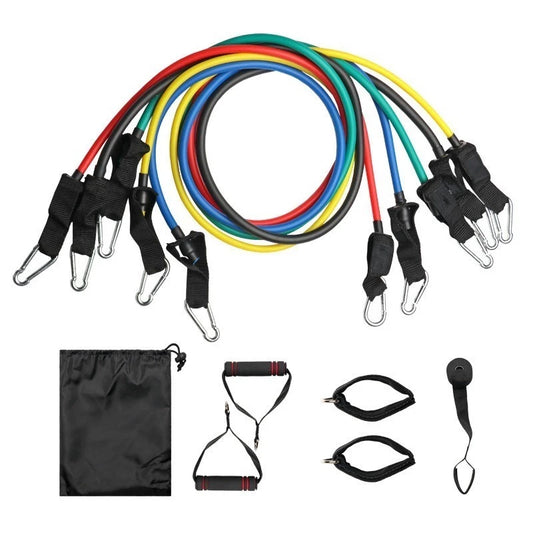Muscle cramps can be a painful and frustrating experience. In this article, we will explore the causes of muscle cramps, how to alleviate them, and when you should be concerned about their occurrence. We'll also discuss the role of deficiencies in causing muscle cramps and what your body might be lacking when you experience leg cramps.
What are the causes of muscle cramps?
Muscle cramps are involuntary contractions of one or more muscles. They can occur for various reasons, including:-
Dehydration: Lack of water intake can lead to muscle cramps, as dehydration affects the balance of electrolytes in your body.
-
Overuse: Prolonged or intense exercise can cause muscle fatigue, leading to cramps.
-
Mineral deficiency: Low levels of minerals like potassium, calcium, and magnesium can contribute to muscle cramps.
-
Poor circulation: Reduced blood flow to the muscles can result in cramping.
- Nerve compression: Pressure on nerves can cause muscle cramps, such as lumbar spine issues leading to leg cramps.
What helps muscle cramps go away?
To alleviate muscle cramps, try the following remedies:-
Stretching: Gently stretch the affected muscle to help it relax. Check out this article on how to stretch your back
-
Massage: Use a Flexgun mini massage gun to target the cramped area and promote relaxation.
-
Heat or cold therapy: Apply a heating pad or ice pack to the affected area to reduce pain and inflammation.
-
Hydration: Drink water or sports drinks containing electrolytes to restore the balance of minerals in your body.
- Rest: Give your muscles time to recover by taking a break from strenuous activities.
What deficiency causes muscle cramps?
Mineral deficiencies, particularly in potassium, calcium, and magnesium, can lead to muscle cramps. These minerals play a crucial role in muscle function and maintaining proper electrolyte balance. Consuming a balanced diet rich in these minerals can help prevent muscle cramps.
What muscle cramps are telling you?
Muscle cramps can signal various issues, such as dehydration, overexertion, or mineral deficiencies. They may also indicate an underlying medical condition, like poor circulation or nerve compression. Paying attention to the frequency and severity of your muscle cramps can help you identify potential health concerns that require further investigation.
When should I be worried about muscle cramps?
While most muscle cramps are harmless and temporary, you should consult a healthcare professional if you experience any of the following:
1. Cramps that occur frequently or without an apparent cause
2. Severe or persistent pain
3. Swelling, redness, or warmth in the affected area
4. Muscle weakness or atrophy
These symptoms may indicate an underlying medical issue that requires treatment.
What is your body lacking when you have leg cramps?
Leg cramps can result from various factors, including dehydration, mineral deficiencies (potassium, calcium, and magnesium), poor circulation, or nerve compression. Addressing these issues through proper hydration, a balanced diet, and regular exercise can help prevent leg cramps.In conclusion, understanding the causes of muscle cramps and implementing appropriate remedies can help alleviate discomfort and improve overall muscle health. Using tools like the Flexgun mini massage gun can aid in muscle recovery and relaxation. However, if you experience frequent or severe muscle cramps, it's essential to consult a healthcare professional to rule out any underlying medical conditions.





